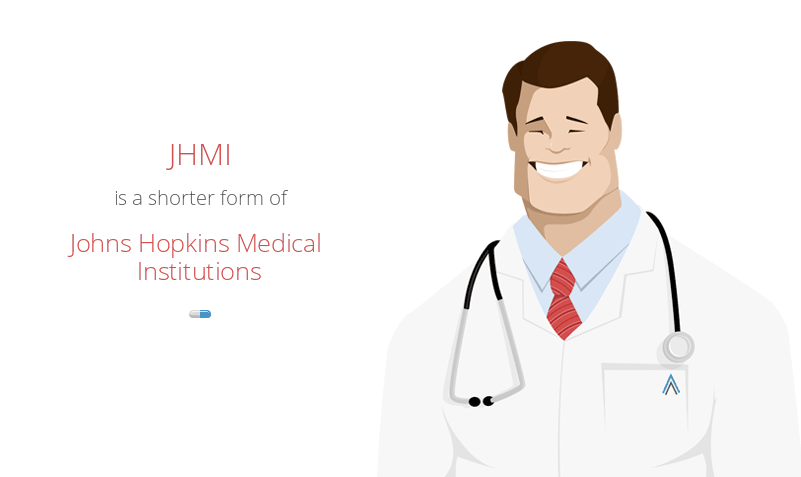
Janssen Research & Development, LLC (Janssen) has announced several new collaborations through its Janssen Human Microbiome Institute (JHMI) focused on advancing the discovery, development and commercialization of next-generation microbial products.
Jhmi announces multiple collaboration, development of next generation, microbial product